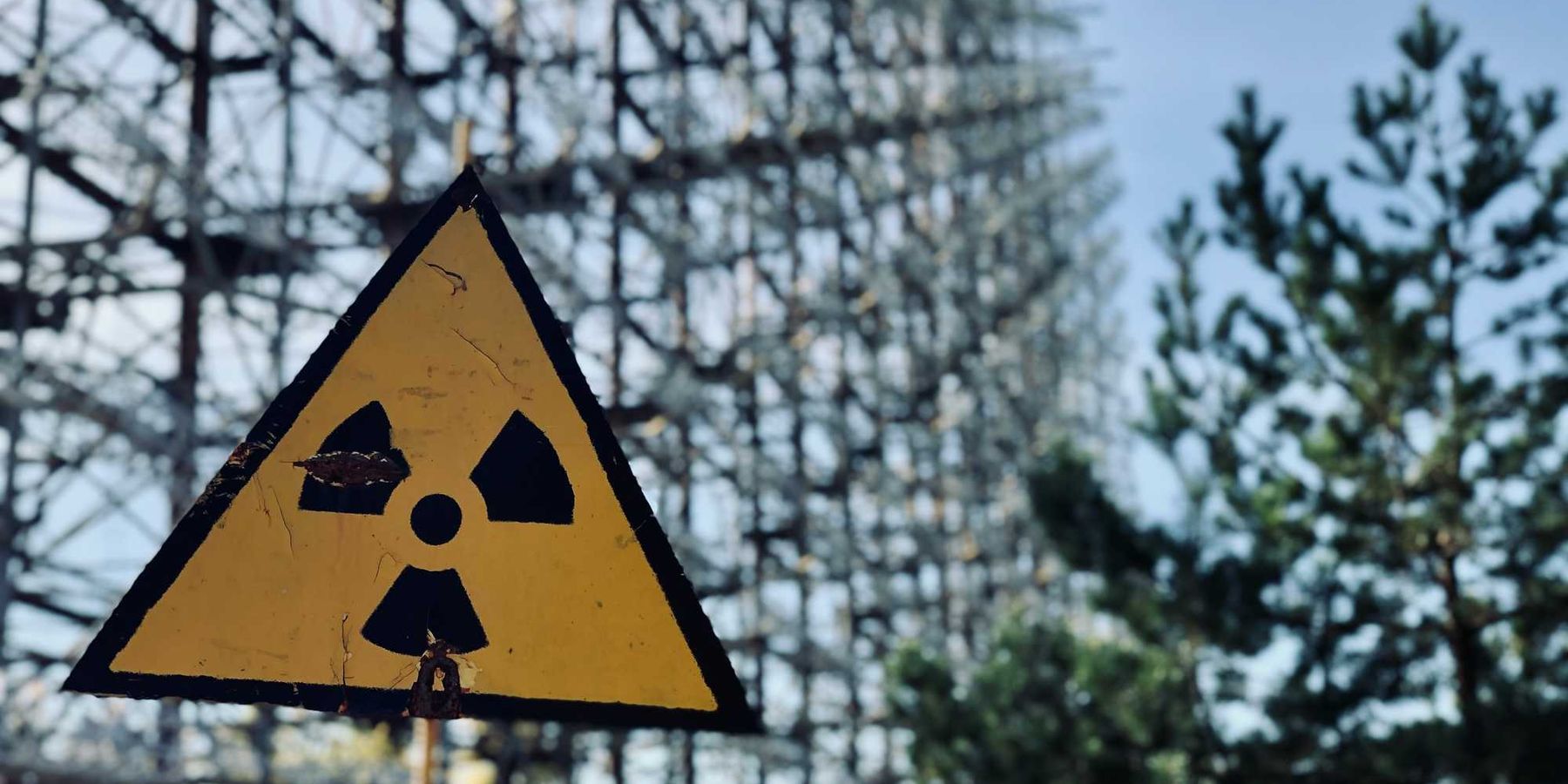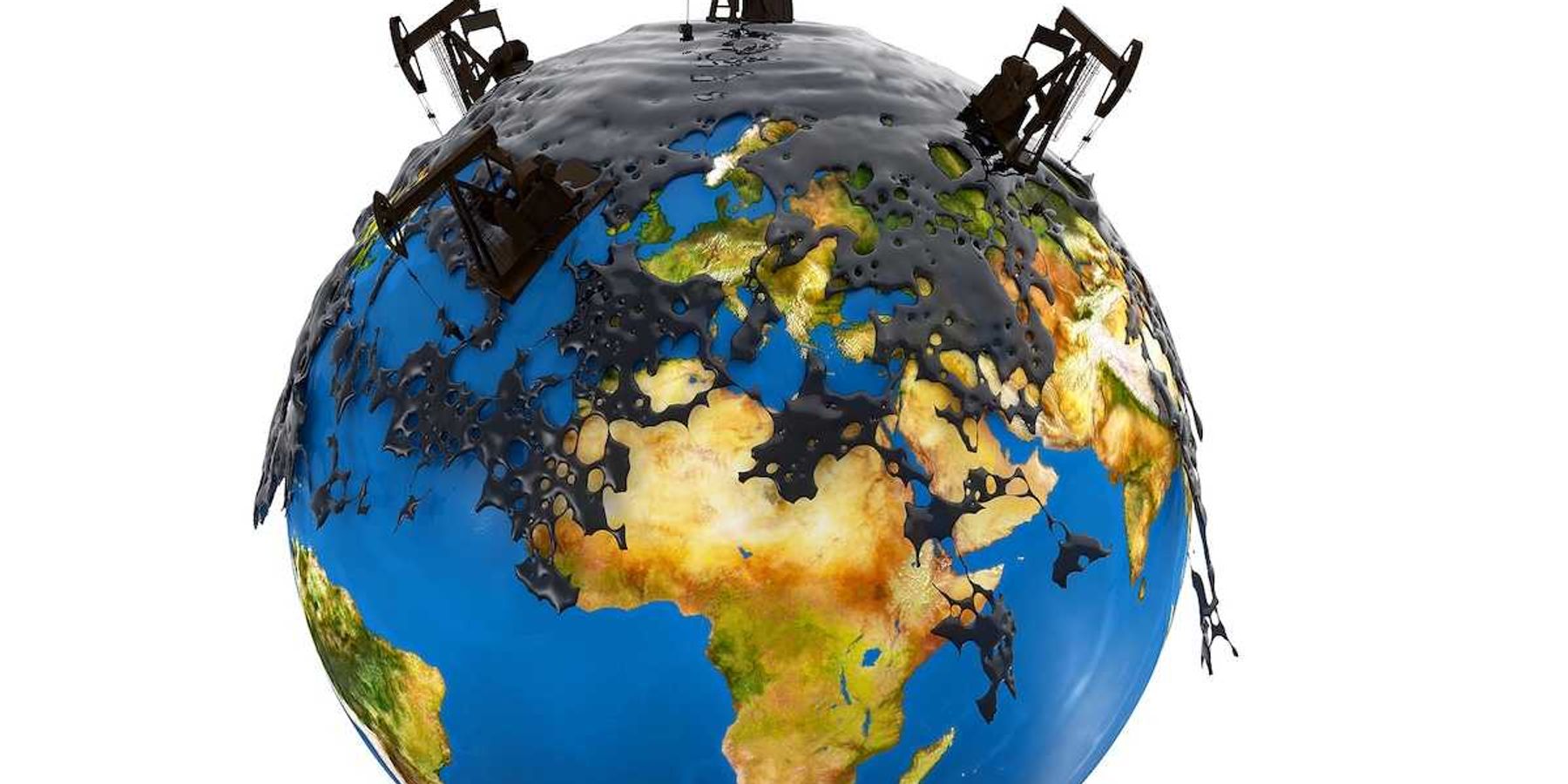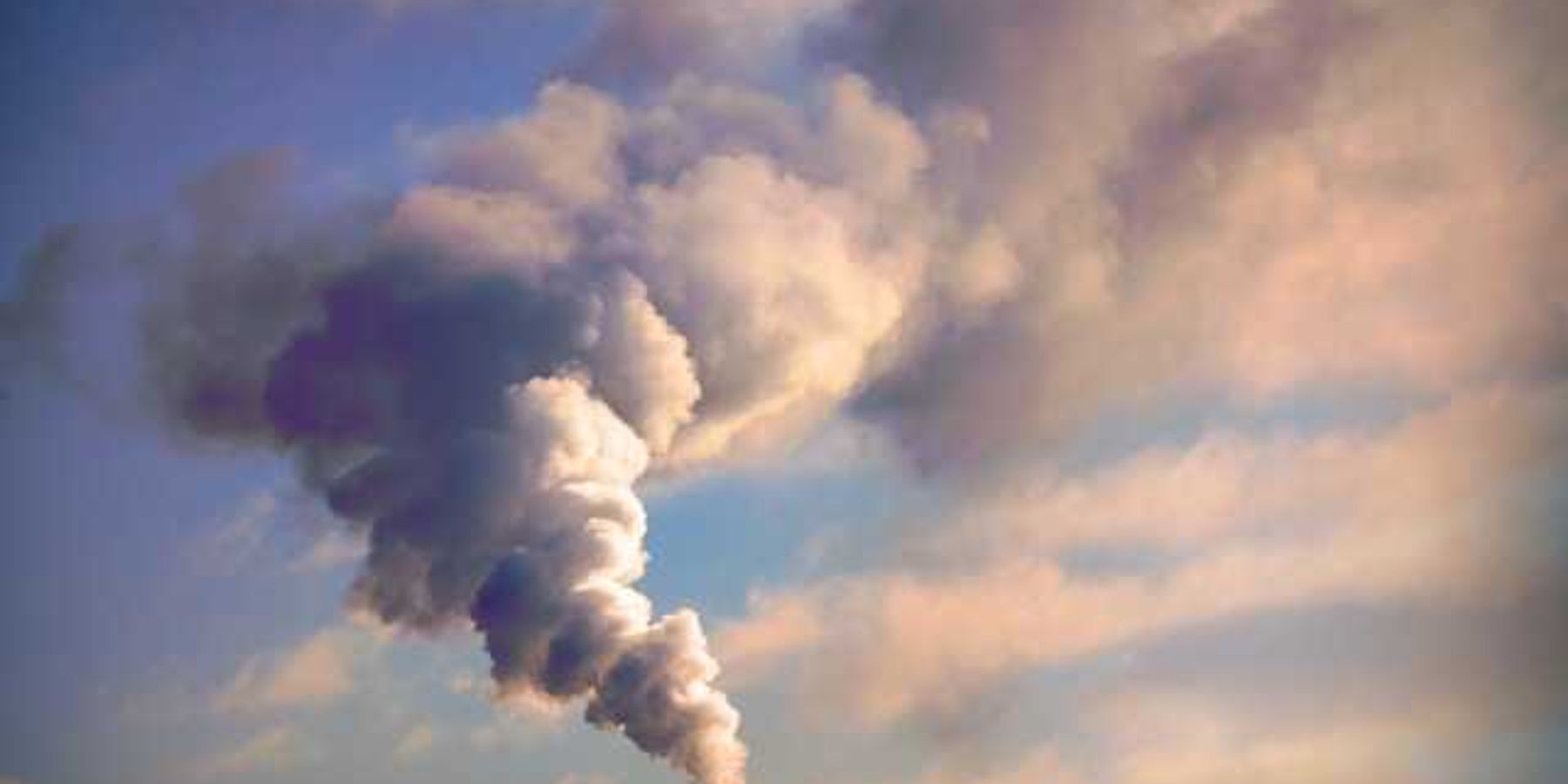Our annual summer reading list, 2024 edition
Happy 4th of July! Looking for a summer book? Here's what our staff is reading.
It's hard to believe it's already the Fourth of July — which means fireworks, cookouts, beach time and our annual summer reading list!
Members of our staff have reviewed a book they've recently enjoyed to give you ideas for your own summer reads. I invited our newsroom, some of the folks at Environmental Health Sciences, which publishes EHN.org, as well as some readers and friends of EHN to share their reviews. Each reviews links out to the book — either direct through publishers or through Bookshop.org, which works to connect readers with independent booksellers. Shop local people!
Enjoy the list, enjoy summer and, as always, we'd love to hear some of your book suggestions.
Brian Bienkowski: The Idiot, by Elif Batuman (and her follow-up, Either/Or)
It seems I’m late to the party on Elif Batuman. I found The Idiot at one of my favorite independent bookshops here in the far North, thanks to a staff recommendation note (shoutout to Gretchen!). It’s a coming-of-age story of a daughter of Turkish immigrants (Selin) going to her first year at Harvard. She meets an older student and starts a relationship that largely takes place over email (this is the mid-90s so email is in its infancy), with them shipping notes back and forth full of wordplay and small flirtations. But this isn’t a rom-com, happily-ever-after relationship tale, rather, this might bring up some memories for anyone who had a confusing crush or two in their college years. All the while, Selin is navigating campus life and the opportunities, challenges and ridiculousness that can come with living in an intellectual bubble. I’ll be honest – it’s probably not for everyone. There is little to no plot, and largely reads like an extended inner-monologue/diary. But Selin is hilarious and self-deprecating. The book is full of somewhat dark wit and is a refreshing take on what it means to plod through those awkward years on the doorstep of adulthood.
If you like The Idiot, definitely check-out the follow up from Batuman, Either/Or, which picks up on Selin’s next year at university.
Cami Ferrell: The Anthropocene Reviewed, by John Green
It can be difficult to remember that there was once a time that humans didn’t exist. As John Green notes, there is evidence of humans in just about every nook and cranny of the world. This collection of essays, designed to read like online reviews, is unlike any other book Green, or anyone else for that matter, has written. Green attempts to review the era of humans, or the Anthropocene on a five-star scale. From things like Diet Dr. Pepper to Scratch ‘n’ Sniff stickers, he highlights objects or ideas that truly resonate with the human experience.
The book started as a pandemic project, which was actually a worst case scenario project. Green, who has obsessive compulsive disorder, has spent the better part of the last four decades paranoid about the possibility of a pandemic. In 2020, he was forced to face one of his greatest fears. John opens by sharing that he called his brother Hank, who has a great deal of knowledge in different fields of science, in an attempt to decide whether or not his overwhelming worry could be scientifically rationalized. To his anxieties, Hank responded, “The species will survive this.” That one sentence sent Green spiraling, attempting to grapple with his own mortality. His mind believed Hank’s words, but quickly noted that if the species survives this, what won’t we survive?
The climate crisis appears through many of Green’s reviews, but not from an angle of fear. Green argues that climate doom is unproductive and that the only way to survive is to believe that we will.
Autumn Spanne: Demon Copperhead, by Barbara Kingsolver
A child named Damon Fields is born in Lee County, Virginia to a loving but troubled mother caught in a cycle of recovery and relapse. The young woman raises her son with support from two older neighbors struggling to hold together their own extended family as the opioid crisis devours the younger generation, one by one. But ultimately, the boy nicknamed “Demon Copperhead” is forced to make his own way in the world, yearning for family as his own disintegrates; navigating a dysfunctional, neglectful child welfare system; triumphing as a hometown hero before spiraling into chaos as he confronts devastating trauma.
It’s hardly a new story. Kingsolver says as much with her decision to use Charles Dickens’ David Copperfield as the blueprint. Like Dickens, she chooses an intelligent, scrappy, charismatic child as the vehicle for a much broader treatment of exploitation and injustice. While reading Demon Copperhead, I was fortunate to attend a talk in which Kingsolver described her book — and her home region — for an international audience. “Appalachia,” she explained, “has been treated like an internal colony of the United States. Outside industries have come in for over a century, to take out the good stuff and keep the people as a kind of captive labor force. The opioid crisis is one more thing that was done to us.”
This novel is about much more than the opioid crisis, coal or any other single industry that has left deep scars on Appalachian landscapes and peoples. You can’t avoid being outraged by the abuse and impunity Kingsolver brings to light. Anyone whose life or family has been touched by addiction will find it a tough read, as I did. Yet the story manages to achieve a certain buoyancy. It insists on the humanity of its characters, preserves the possibility of recovery and healing and celebrates the restorative power of community.
Renee Salmon: Where The Wild Ladies Are, by Aoka Matsuda
This collection of short stories is made up of feminist retellings of ancient Japanese folktales remixed for the modern era. Each story is full of humor, satire, and retrospection about the feelings and traits historically looked down upon as overly “feminine” and how maybe they’re more magical than we think. Ghosts, spirits, monsters and shapeshifters make their appearance in these stories, each with their own unique personality and story that provides the reader with commentary on gender and the standards that women are held to.
This book is one of my favorites to both recommend and re-read. A great summer read, to me, is a book that keeps you engaged from start to finish, and these stories had me giggling and sometimes brushing away a tear. The author provides a little guide for each folktale she draws inspiration from at the end so audiences not familiar can learn and appreciate the original tales along with the contemporary lens that she writes with.
Douglas Fischer: The Annual Banquet of the Gravediggers' Guild, by Mathias Énard
Settle in: If you think you know history, that you have a sense of place, consider again the tiny worms, the dog at your feet, the quarrelsome neighbor down the block.
Mathias Énard exposes how little we know of our lives and environment in a boisterous adventure crossing generations in the damp marshlands of western France. Énard, filling his tale with colorful characters, opens with the most nescient: A self-centered anthropology student who moves from Paris to collect "impressions and notes" about the locals of La Pierre-Saint-Christophe.
That is just a gateway to a fantastical world our student, David Mazon, will never see: A world of recycled lives and entwined histories, where Death and the living observe a three-day truce as gravediggers fill their bellies, drain their flagons, stain their shirts and offer eructations "until, still struggling to make our gastral gurglings intelligible while in drink, … Death reclaims her rights over life and we, our sorrowful toil."
This is no easy beach read. Bring your dictionary – "Gravediggers" was written in French, but the translation by Frank Wynne is jaw-dropping. The memories and stories are feast enough.
Pete Myers: New Cold Wars, by David Sanger
When I was a kid in the 1950s, we practiced crawling under desks and into elementary school basements to prepare for nuclear attack. Now we watch Fox News and related fantasy shows to pretend it isn’t happening. In his new book, David Sanger--one of the most experienced and brutally honest reporters anywhere working the “international security” beat for the New York Times--tears through recent unfolding events involving the US, China, Russia, Ukraine and Gaza with the pace of a spy novel revealing just how tenuous our current ‘peace’ is. No wonder the Doomsday Clock is as close, or closer, to midnight now as it has ever been. Blame falls everywhere, but especially on the cult-driven warriors of the radical right. Even Ronald Reagan would be gobsmacked by their shameless, power-lusting irresponsibilities.
Kristina Marusic: Petroleum-238: Big Oil's Dangerous Secret and the Grassroots Fight to Stop It, by Justin Nobel
Journalist Justin Nobel followed up on his 2020 investigative report on widespread radioactive contamination from the oil and gas industry for Rolling Stone with this book. In it, he emphasizes that this isn’t just fracking — though fracking tends to unearth particularly radioactive substances, especially in the Marcellus Shale region — and explores the oil and gas industry’s long, untold history of exposing unknowing workers and communities to radioactive waste at extraction sites all across the country. Nobel’s powerful storytelling helps to illuminate the devastating impacts this has had on frontline communities, while his extensive research and meticulous documentation make clear the gaps in our legal and regulatory frameworks that have allowed this problem to persist. Petroleum 238 reads like both a guide to understanding a complex issue and a call to action.
Kate Mallek: The Arbornaut, by Meg Lowman
Meg Lowman is a treetop explorer who has spent her life and career in the canopy. As a child of the outdoors, she studied leaves, bugs, and every bit of nature she could find around her home, creating a club of girl explorers that held court in a tree fort. As an adult, she made her way through the male-dominated natural sciences to invent the tools she needed to ascend hundreds of feet into the treetops. She has been at home there ever since.
Across the globe Lowman has studied what we now know from her research to be the more than 50% of terrestrial biodiversity that is located in the tops of trees, including cataloguing vast leaf characteristics and leaf diets of countless insect species. She has invited everyone to join her and has found innovative ways for all people to be empowered to do so, creating apparatus and programming for people who cannot walk independently on land to swing from the trees and collect their own contributions to research.
The Arbornaut is the story of the author’s adventures in the treetops, the amazing creatures she has found there, and her ever striving to share the wonder and joy of the out-of-doors with everyone around her. It is a beautiful story of a deep love and appreciation of nature and a kind and enveloping invitation to love it with her, and for all of us to work together to protect it.
Sarah Howard: To the Bright Edge of the World, by Eowyn Ivey
If you need to cool off from the summer heat, take a trip to Alaska and a step back in time to the late 1800s. This novel describes an expedition up the Wolverine River valley and the lives of the native people who live there. The expedition leader’s wife is left pregnant back in Vancouver, despite her desire to travel along, and her story is just as interesting. While the story is fictional, it is modeled on real events and people, with some fantasy thrown in. Ivey addresses the themes of nature and humanity and how humans relate to nature in a powerful way. I am looking forward to reading more of her books.
Jimmy Evans: The Beach, by Alex Garland
If you are looking for a brief reprieve from your day to day reality, this exciting coming-of-age novel about a backpacker stumbling upon a secret utopian commune in Thailand will do the trick. Engaging and fast paced, the novel explores themes any traveler will relate to - chiefly the impulse to “get away from it all” and live a simpler life away from the stresses of modernity. The book spawned a film with Leonardo DiCaprio and launched the career of author Alex Garland, who went on to write and direct movies like 28 Days Later, Ex Machina, and most recently Civil War and I thought it was fun seeing him in early form as a writer.
Paul Ehrlich: Fire Weather: A True Story from a Hotter World, by John Vaillant
Editor's note: Paul Ehrlich is a renowned scientist, environmental advocate and the Bing Professor of Population Studies, Emeritus and President of the Center for Conservation Biology at Stanford. He's also a frequent contributor to EHN.
A friend (a leading neurobiologist) said I had to read the book she had just finished. I’m almost done with “Fire Weather” and boy, was she right – especially for anyone who teaches or lectures about the human predicament. I’m almost done the book now, and had to tear myself away to let my friends know about it.
Fire Weather centers around the fire that ravaged Fort McMurray in Alberta in 2016. The town is a center of Canada’s tar sands industry, now existing in an atmosphere very different from the one I got familiar with doing a summer’s (1951) field work in the same taiga biome around the Great Slave Lake for the Canadian Defense Research Board. Then, although I was introduced to the problem of structural damage from melting permafrost, forest fire was far from my mind as I surveyed the intensity of the biting fly threat (extreme) to troops in the field (those days the Soviets were putatively “coming over the pole”).
The descriptions of the nearly unprecedented fire are detailed, but gripping. I was also pleased the book explores the efforts of the petroleum industry, auto manufacturers, and others to keep humanity on the road to a holocaust (and themselves to a temporary continued flow of obscene profits) with full knowledge of the actual lethal situation to which they were and are major contributors. Most people are still not aware of the human predicament or of the central role of overpopulation in driving it (Vaillant does not miss that).
If you, like me, feel nauseated whenever you see an SUV ad on the tube, this is a book for you!
Reader mailbag: Lies My Teacher Told Me, by Nate Powell
Editor's Note: We asked our readers for their go-to summer reads. John obliged.
I’m already on my second read of Lies My Teacher Told Me, Nate Powell’s new graphic novel adaptation of the classic by James W. Loewen. It’s not strictly an environment book, but it puts so much of what we’re going through today into vital historical context. It also clearly links the mistakes we make in teaching history — and the myths that have made their way into history books and lessons — to American exceptionalism, Christian nationalism, right-wing isolationism, and other problems that currently plague the planet. A stunner of a book.
Reader mailbag: Dead Wrong, by G. Spencer Myers
Editor's Note: We're honored to have a number of authors on our subscriber list, and G. Spencer Myers alerted us to his eco-thriller series.
I created a character that is our conscience as we meet the challenge of global warming. Dr. Derk Bryan, a college professor and the Indiana Jones of the EPA, is an obsessive environmentalist who is trying everything possible to reduce his own carbon footprint. He throws away all his polyester shirts and replaces perfectly good vinyl flooring with tile. In each novel he tackles a different threat to our environment.
The latest, The Girl with the Red Nails, deals with plastics. Since the conclusion of this book, the EPA announced it would begin regulating forever chemicals in drinking water. Our efforts are making a difference.













